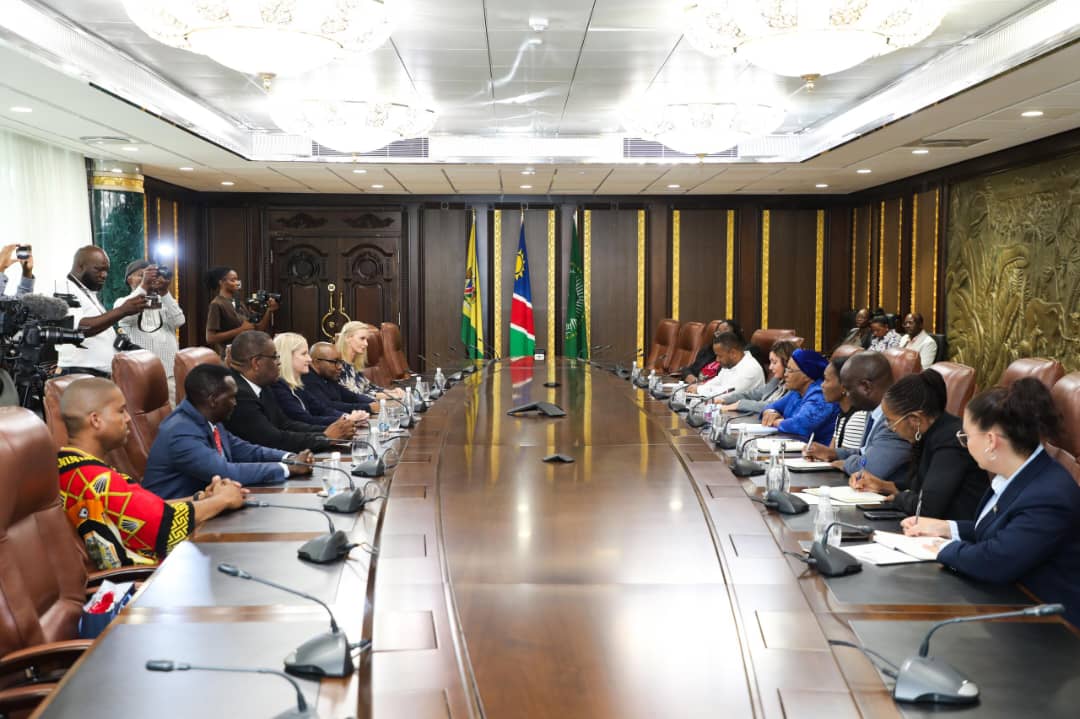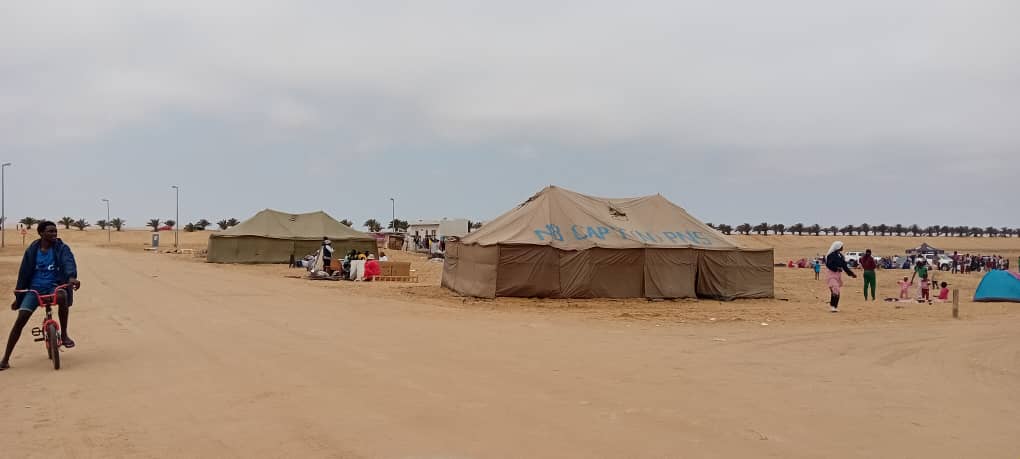KINSHASA – All public spending in cash-strapped Democratic Republic of Congo must now be pre-approved by President Joseph Kabila, according to a letter published in several local newspapers on Friday.
Congo’s mining-driven economy has suffered greatly due to a fall in the price in mineral and oil exports. The resulting drop in foreign currency reserves has created worries that the government may struggle to pay state salaries and provide basic services.
‘Henceforth, all public spending orders must, before payment, receive the pre-approval of his excellence the president of the republic,’ read the letter from Kabila’s office to the prime minister and ministers of budget and finance.
Monthly treasury plans will also require Kabila’s approval, the letter stated.
‘As far as the constitution is concerned, this is a flagrant violation. It’s a violation of the separation of powers,’ said Jean-Lucien Mbusa, vice-president of the economy and finance committee in the national assembly, and a prominent opposition politician.
The move is the latest emergency measure aimed at saving the vast central African nation’s crumbling economy, which has in the past nine months seen a dramatic fall in the price of mineral and oil exports that make up around 60 per cent of state income.
In April, Prime Minister Adolphe Muzito froze all ‘non-priority’ spending in an effort to salvage Congo’s sliding franc currency and boost purchasing power.
Metals prices plunged last year as the world economy slipped into recession, leading dozens of mining operations in Katanga province, Congo’s mining heartland, to shut down or suspend operations.
Benchmark world prices for copper, Congo’s primary mineral export, traded at around US$5 000 per ton on the London Metal Exchange on Friday, down from a record high of almost US$9 000 per ton last July.
The crash of the mining sector put an estimated 300 000 informal miners out of work in Katanga province alone, local authorities say.
Foreign currency reserves had all but evaporated by early February due to the subsequent fall in revenues before the International Monetary Fund released US$200 million in emergency funding aimed at stabilising the import-dependent economy.
According to the letter sent on May 28, Kabila’s decision to take control of public spending is in part meant to allow Congo to continue to service its estimated US$10 billion foreign debt.
‘(The decision) was dictated by the major worry of holding back, in the very short term, the substantial and repeated slippages in public spending and the national currency observed in recent months,’ it said.
– Nampa-Reuters
Stay informed with The Namibian – your source for credible journalism. Get in-depth reporting and opinions for
only N$85 a month. Invest in journalism, invest in democracy –
Subscribe Now!










